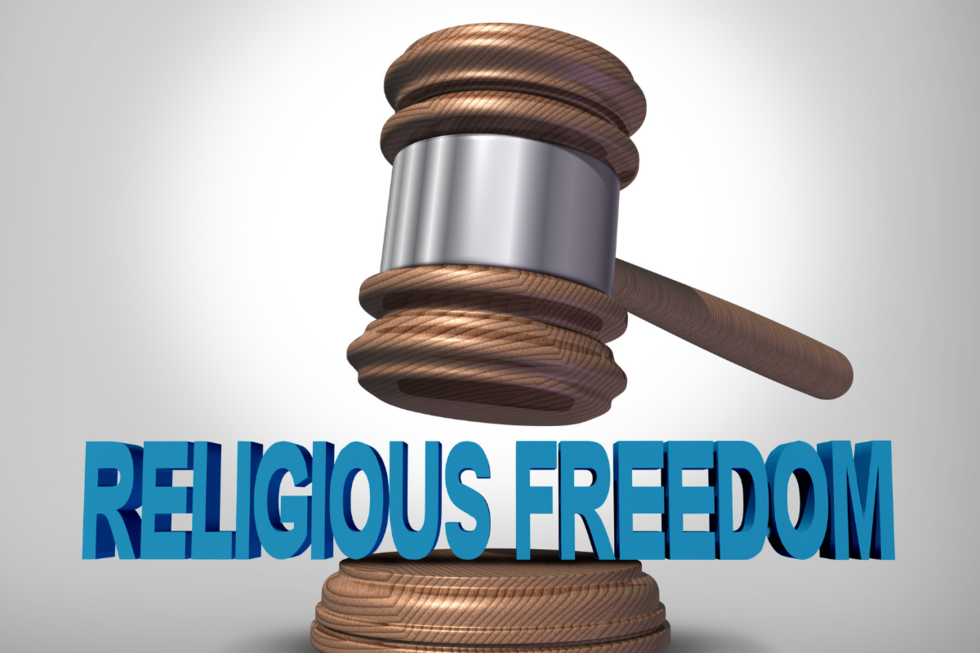Just this fall, the U.S. Equal Employment Opportunity Commission (EEOC) announced three major settlements involving religious discrimination lawsuits. The cases, which originated in Maryland, Florida and Colorado, demonstrated how workers from any part of the country, and of any religious background, can face harassment, miss opportunities or be denied accommodation due to their beliefs.
Religious protections for employees
Under Title VII of the Civil Rights Act, employers with 15 or more employees may not discriminate on the basis of religion. Usually, state and local laws provide further protection for workers at smaller businesses. The law protects employees in a number of ways:
- It is illegal to discriminate against someone because of religion, including factoring religion into decisions about hiring, firing, promotions or job assignments.
- It is illegal to harass someone because of religion. Harassment includes severe, frequent remarks or incidents that create a hostile or offensive work environment, or that lead to the victim being fired or demoted. This includes harassment from coworkers, managers, clients and customers.
- It is illegal to segregate the workplace based on religion.
- It is illegal to discriminate against an employee who is married to (or has a close connection to) someone with religious beliefs.
- Employers must make reasonable accommodations for their employees’ religious beliefs and practices, provided such accommodations only place a minimal burden on the business. This might mean tailoring scheduling to accommodate religious holidays or the Sabbath, offering voluntary shift swaps or modifying policies.
- Employers must accommodate religious dress and grooming practices, again provided it doesn’t create an undue hardship on the business. This might include allowing employees to adjust the dress code, wear head coverings or style their hair in certain ways.
It’s also important to understand that the law protects everyone’s religious freedoms, including people in organized religions, people who have “sincerely held religious, ethical or moral beliefs,” according to the EEOC, or people who subscribe to an atheist belief system.
Recent examples of religious discrimination
The three recent EEOC settlements regarding religion show the breadth of religious protections under Title VII:
- In the Maryland case, a Muslim woman who wore an abaya, a loose, ankle-length covering, applied to be a driver with Greyhound, the bus carrier line. Her dress was approved during the interview process, but, during training, Greyhound notified her that she could not wear the abaya and would instead have to wear a modified version of its uniform. She chose to withdraw from the program and decline the job. To settle the suit, Greyhound must pay $45,000 to the woman for the lost opportunity and train its HR managers.
- In Florida, a resort hotel room attendant requested Saturdays off to observe her Sabbath as part of her Seventh-day Adventist beliefs. The hotel, Noble House Solé, honored that request for months without issue. When a new supervisor began, however, the woman was scheduled to work Saturday and was fired when she did not show up. Typically, the hotel gave employees who missed work for non-religious reasons multiple warnings before termination. Noble House Solé settled with the EEOC to pay the woman $99,000, create an anti-religious discrimination policy, train management and HR, educate its workforce and adopt new language in job postings.
- In the Colorado case, Arthur J. Gallagher & Co., an insurance brokerage and risk management firm, fired a client-underwriting associate in Centennial, Colo., office. Yu Rex Noda had told his employer that his Christian religious beliefs would require fasting during Lent. When the business fired him, they cited his “fasting” and “meditation” in a termination memo. In its settlement with the EEOC, Arthur J. Gallagher & Co., will pay $40,000 to Noda and provide anti-discrimination training.
If you believe you’re experiencing religious discrimination at work, begin by calling attention to it. Ask why your accommodation can’t be honored, or tell the person making disparaging comments about your faith to stop. Escalate this to management if needed, being sure to keep records of what’s occurred and when. If your employer doesn’t address the discrimination, consider speaking to an attorney. At Barrett & Farahany, we are happy to answer any questions about your situation. Please contact us to get started today.


